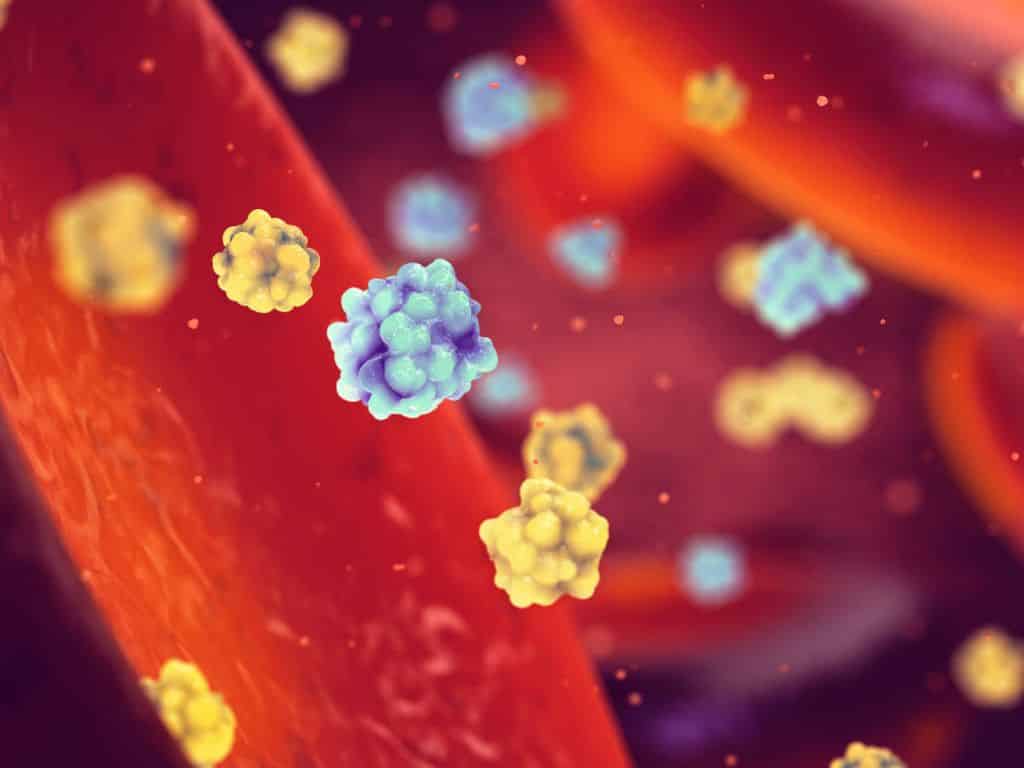According to a new study in Finland, type 1 diabetes could be prevented by inhibiting a gene associated with the onset of the disease.
A drug based on the same mechanism has already been approved for the treatment of another autoimmune disease, psoriasis, in the U.S., which may boost the development of drug therapies for diabetes.
The incidence of type 1 diabetes is higher in Finland than in any other country. While hundreds of genes underlying the disease have been identified, the mechanisms of action of most of them remain unclear. That means individuals at high risk of developing the disease can be identified, but so far no effective means of preventing the progression of the disease without the risk of significant adverse effects have been found.
Under the direction of Timo Otonkoski, researchers at the University of Helsinki investigated the mechanisms of action of the risk genes associated with type 1 diabetes with the aim of finding novel methods for the prevention of the disease. The results were published in the journal Nature Communications.
“We focused on a gene known as TYK2, as its mutations are known to protect against type 1 diabetes,” Otonkoski said.
Making white blood cells harmless
The researchers assumed that inhibiting the expression of the TYK2 gene could reduce the destruction of pancreatic beta cells that causes the onset of type 1 diabetes. Pancreatic beta cells produce vital insulin for the body, which patients with diabetes must substitute with insulin injections.
The assumption was confirmed in the study, and the destruction of beta cells was effectively stopped by inhibiting TYK2 expression.
“The destruction of beta cells is the result of an autoimmune reaction where white blood cells activated by the body’s immune system attack their own tissues. Using the TYK2 inhibitor, the havoc wreaked by the white blood cells was markedly reduced,” Otonkoski said.
Another finding in the study, which came as a surprise, was that eliminating the effect of the TYK2 gene resulted in a reduction of the differentiation of pancreatic islet cells, or a reduction in beta cell production.
“However, this adverse effect was only observed in the earlier stages of beta-cell development. Inhibiting TYK2 expression did not affect the functioning of mature beta cells,” said Vikash Chandra, the first author of the paper.
Previously, Otonkoski’s research group successfully developed, from stem cells, fully functional pancreatic beta cells that can be used to restore the body’s insulin production.
Further research on TYK2 inhibitors to prevent type 1 diabetes
The researchers said a TYK2 inhibitor is a promising drug candidate for the prevention of type 1 diabetes.
“We utilized not only cells from which the TYK2 gene had been removed but also a chemical TYK2 inhibitor. This drug molecule has already been approved in the United States for the treatment of psoriasis,” Otonkoski notes.
According to Otonkoski, the effect of TYK2 inhibitors in the prevention of diabetes must next be carefully investigated in animal models. If the results are positive, the next step to clinical trials can be taken.
Partnering 2030: The Biotech Perspective 2023






